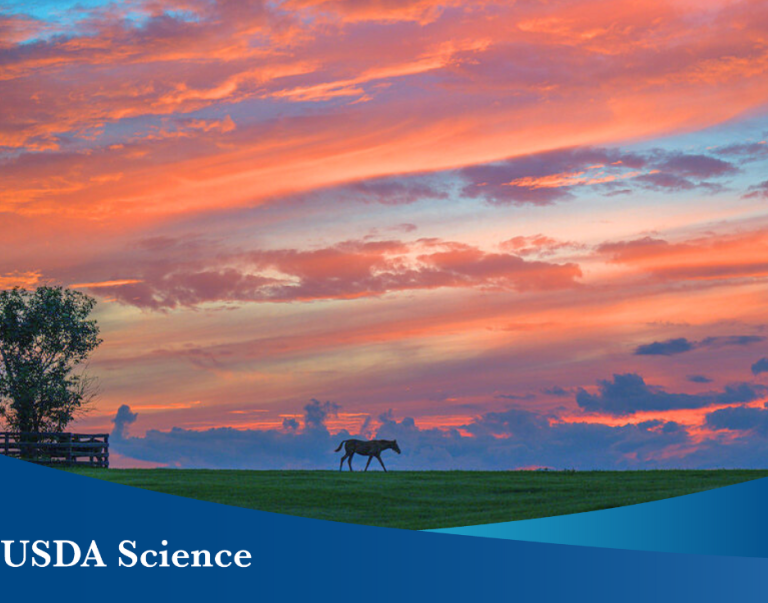
Emily Diamond is a wife, mother, and farmer. She and her family own and operate the Diamond Family Farm in LaGrange, Kentucky. Emily’s farm supplies meat for her family and to the surrounding community through Community Supported Agriculture (CSA). Through CSAs, the community commits to buying the farm’s harvest, sharing both the bounty and risk of farming.
As new farmers, the Diamond family had a dream of producing healthy meat for their family on their own farm.
After hard work and saving their earnings, the family purchased land and began farming. “We built it all from scratch,” Emily said, “but looking back, it would have been easier if we would have purchased land with fencing and a barn already in place.”
Even with the time and additional money invested to establish fencing, temporary shelters, and purchase livestock, Emily said “there has been a lot of satisfaction seeing something grow from the ground up, becoming more of what you dreamed it would be every year.”
The Diamond Family Farm is home to Sweet Grass Turkey, Freedom Ranger Chickens, meat rabbits, Katahdin Lamb, Jersey/Angus Cows, horses and a variety of other creatures. The variety of animals makes the 16-acre farm operate efficiently. Emily explains, “the more I understand about the animals’ natural role on the farm, the more I am able to utilize their strengths to manage the farm.”
Emily has the knowledge it takes to raise a variety of animals, she spent several years in small and large animal veterinary work after receiving her degree in Animal Science Veterinary Technology. What started as just a way to feed the family healthier meat is now a family business that feeds many people in the local community.
So what is Emily’s advice for others who dream of farming themselves one day?
She first recommends taking care of the fields – in other words, practice soil health.
Technical assistance from agencies such as USDA’s Natural Resources Conservation Service (NRCS) and programs like the Environmental Quality Incentives Program (EQIP) work to assist land users in accomplishing these goals.
When farmers like Emily use soil health management systems, they’re improving the soil, the land’s production potential over the long-term and increasing drought resiliency.
Emily’s goal for the family farm is to get back to the basics of good food from happy animals, and she believes raising animals on healthy pastures is the key to reaching that goal. “I let nature take its course by raising the animals in a natural setting for their breed, like allowing cows to care for their calves and only milking them when they are ready to wean the babies,” she said, as rushing production, “eliminates taste and healthy eating.”
Although Emily is in charge of the daily operations of the family farm, from fencing to feeding to hauling, the rest of the family plays have important roles to play as well. It is truly a family business. After school, the kids help with various chores around the farm. And, Emily explains, “My husband works full time so he’s my weekend warrior, handling all the heavy lifting and tractor work.” Everyone has a job to do on the Diamond Family Farm -- even the animals play unique and important roles in its continued success as regenerative agriculture.
To find out more about the importance of healthy soils when it comes to healthy pastures, visit www.ky.nrcs.usda.gov, or contact your local USDA Service Center.


